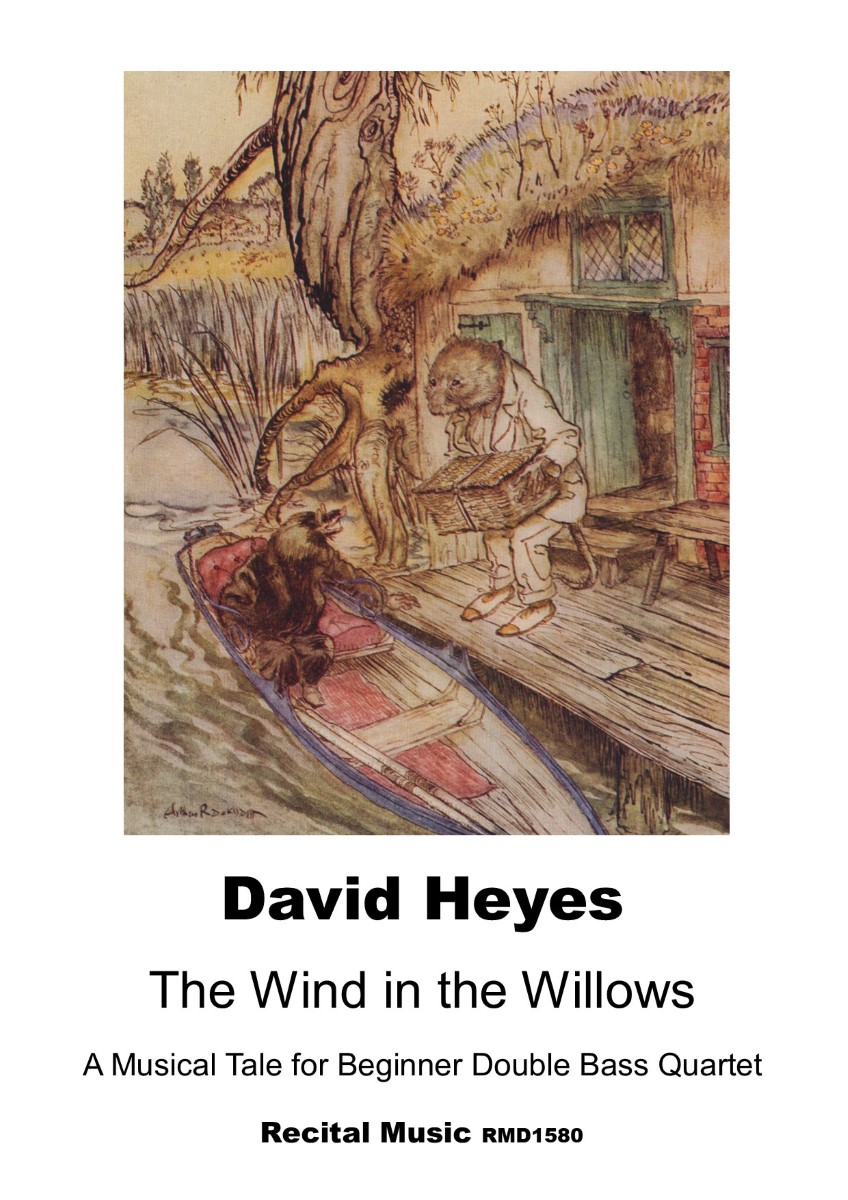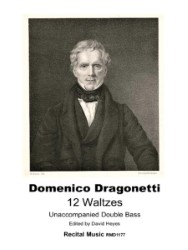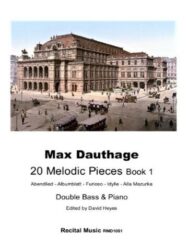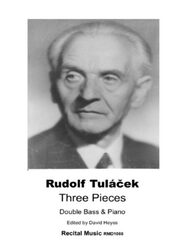The Wind in the Willows
A Musical Tale for Beginner Double Bass Quartet

Composer: Heyes, David
Instrumentation: 4 Double Basses
Publisher Recital Music
The Wind in the Willows by David Heyes is a suite of six fun and exciting pieces for the beginner double bass quartet. Primarily in…
Page ? of ?
Digital Download – PDF
Shipping costs: No shipping
R.R.P £7.50
Our Price: £6.38




